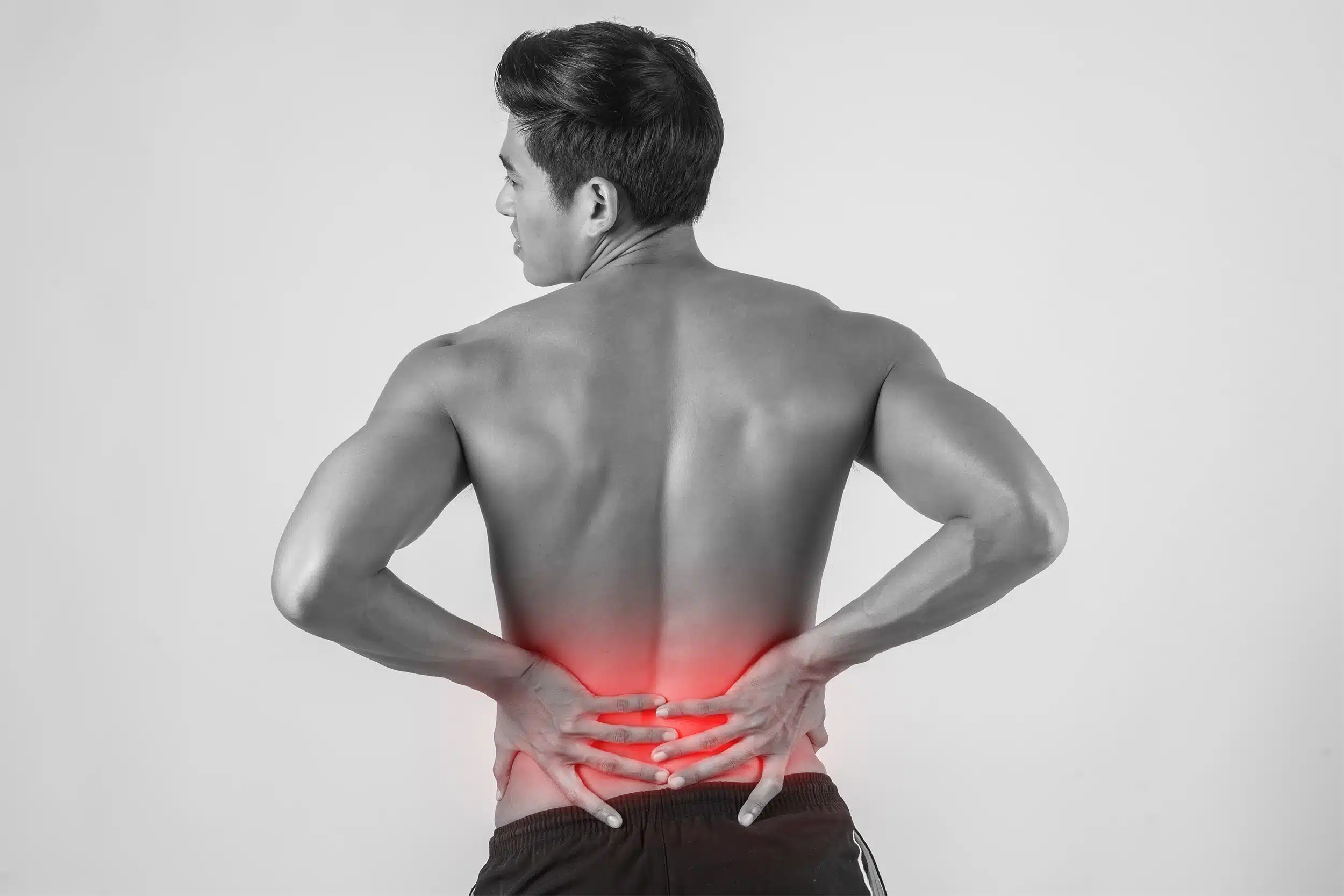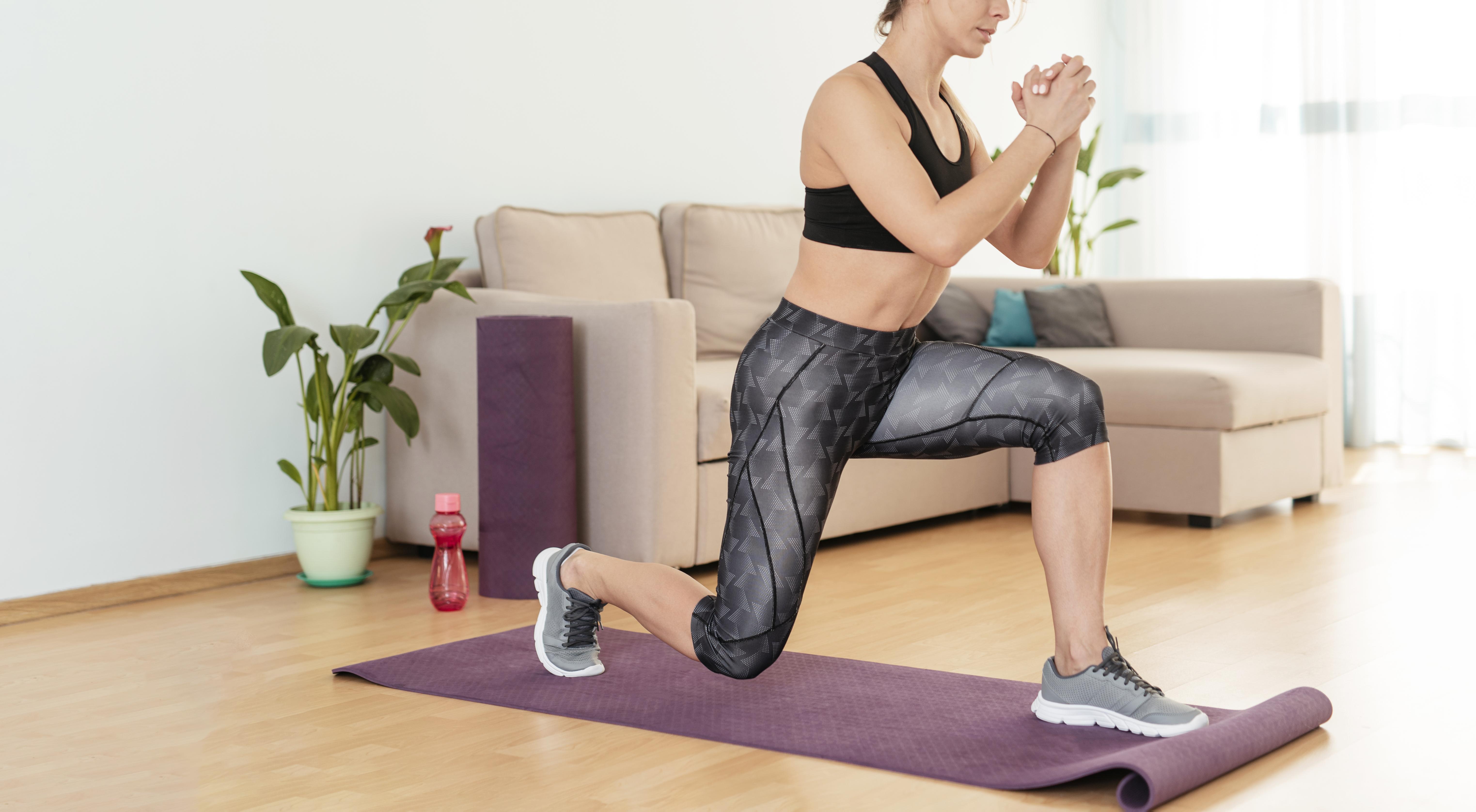
Chronic pain, a persistent discomfort lasting for months or even years, can significantly diminish one's quality of life. From its various causes to the impact it has on individuals, chronic pain requires comprehensive treatment approaches. Chiropractic care and physical therapy have emerged as valuable strategies in managing muscle imbalances. In this article, we'll delve into how chronic pain commonly presents, explore how chiropractic care and physical therapy can help, and provide insights into effective home exercises for alleviating discomfort.
Chronic pain differs from acute pain, as it persists beyond the expected healing period and often lacks a clear cause. It can manifest in various ways, affecting different parts of the body, such as the lower back, neck, joints, and muscles. Common presentations include dull aches, sharp stabbing sensations, stiffness, and limited range of motion. Muscle imbalances can stem from conditions like arthritis, fibromyalgia, and injuries that didn't heal correctly.
Chiropractic care is based on the belief that misalignments in the spine (subluxations) can lead to nerve interference, causing pain and dysfunction. Chiropractors utilize manual adjustments to realign the spine and restore proper nerve flow. By addressing spinal misalignments, chiropractic care aims to alleviate pain and improve overall bodily function. This approach is particularly effective for chronic pain resulting from musculoskeletal issues.
Physical therapy focuses on restoring mobility, function, and strength through exercise, stretches, and manual techniques. A physical therapist assesses the root cause of chronic pain and designs a personalized treatment plan to address it. This may involve exercises to improve muscle imbalances, stretches to increase flexibility, and manual therapy to reduce pain and enhance joint mobility. Physical therapy is beneficial for a wide range of pain conditions.

Core Strengthening: A strong core helps support the spine and alleviate pain. Simple exercises like bridges, planks, and pelvic tilts can strengthen the abdominal and back muscles, promoting better posture and reducing strain on the spine.
Low-Impact Cardio: Activities like swimming, walking, and cycling can improve circulation, increase endorphins (natural painkillers), and reduce overall pain perception. Low-impact exercises are gentle on the joints, making them ideal for chronic pain sufferers.
Range of Motion Exercises: Gradual and controlled movements to improve joint mobility can significantly alleviate chronic pain. Gentle stretches for the neck, shoulders, hips, and back can increase flexibility and decrease stiffness.
Deep Breathing and Relaxation Techniques: Chronic pain often leads to tension and stress, which can exacerbate discomfort. Learning deep breathing exercises and relaxation techniques like meditation and yoga can help manage pain by promoting relaxation and reducing muscle tension.
Chiropractic care and physical therapy offer distinct approaches to chronic pain management. Chiropractic care focuses on spinal alignment and nerve flow, while physical therapy emphasizes muscle strength, joint mobility, and overall function. Depending on the underlying cause of chronic pain, individuals may find relief from either approach or a combination of both.
Chronic pain can be an overwhelming challenge, impacting various aspects of life. However, effective solutions are available through chiropractic care and physical therapy. These holistic approaches aim to address the root causes of chronic pain, promote mobility, and enhance overall well-being. For those seeking relief, consulting with qualified healthcare professionals is essential in determining the best treatment plan for individual needs.
In addition to professional guidance, incorporating home exercises can further support chronic pain management. By engaging in targeted exercises that strengthen muscles, improve flexibility, and promote relaxation, individuals can take an active role in their journey toward a more comfortable and pain-free life. Remember, persistence and dedication to these strategies can lead to improved quality of life despite the challenges posed by chronic pain.

8029 Ray Mears Blvd, Suite 300
Knoxville, TN
37919
Phone: 865-337-5574
Monday
7am-12pm & 1pm-6pm
Tuesday
7am-12pm & 1pm-4pm
Wednesday
7am-1pm
Thursday
7am-12pm & 1pm-6pm
Friday
7am-12pm & 1pm-4pm
Saturday & Sunday
Closed